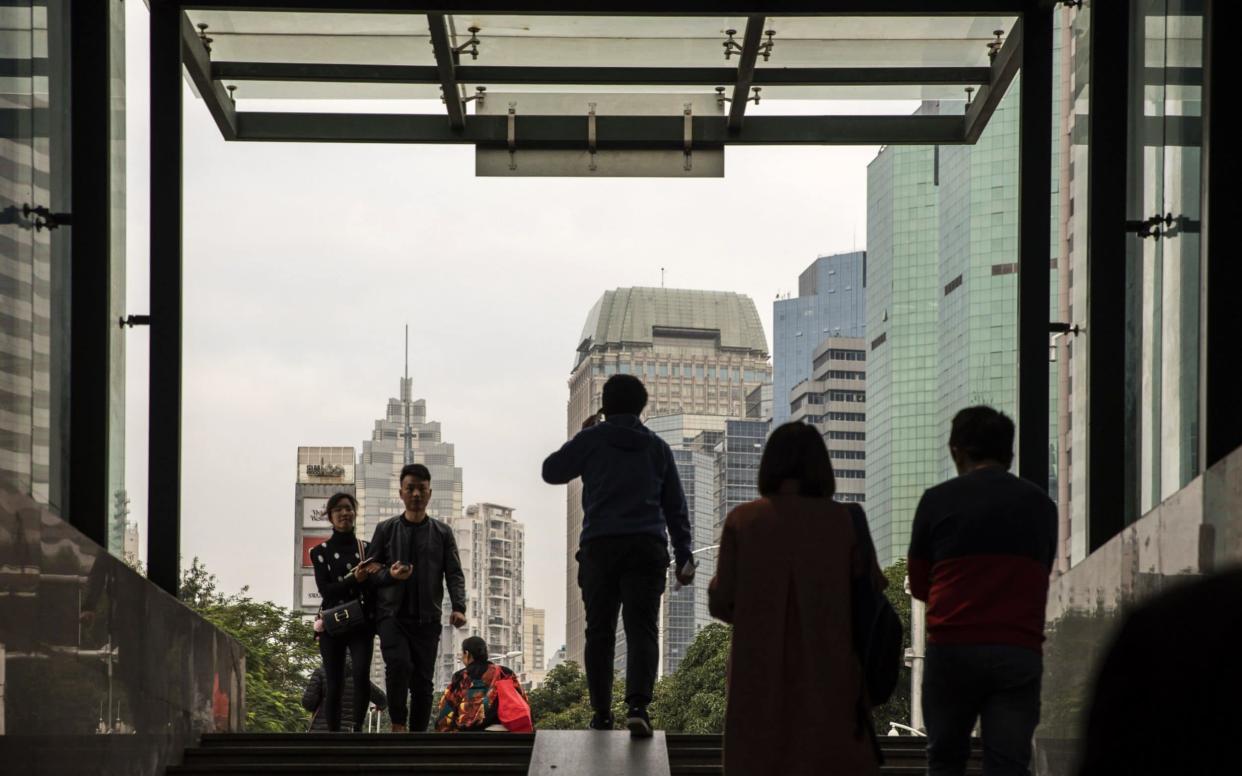China’s latest slang craze for ‘dirt-poor and ugly’ highlights growing income gap

A recently coined slang word for “dirt poor and ugly” has been labelled the word of the year in China, fast becoming an emblem of the growing socio-economic divide.
Millions of Chinese have adopted the word “qiou,” a creative mashup of “qiong” – poor – and “chou” – ugly – with a “tu” – dirt – squished inside.
Once combined, the term forms an amusingly self-deprecating adjective. The made-up word has gone viral as many self-identify with a term that reflects the angst of a growing swath of people who feel left in the dust as the country’s socioeconomic divide continues to widen.
“After one year of hard work, I managed to add two zeros to my bank balance, as well as a negative sign in front,” one user, Gutou, posted online. “Feels like I can’t even afford to eat dirt – I’m living off air pollution,” wrote a woman from Xi’an, a city of 12 million.
Another described moving away from his hometown for a better job, subsisting on meager rations of bread and water, and eating heartily only when his boss picked up the tab.

Income inequality has been exacerbated as Communist Party-ruled China’s economy raced up the ranks to become the world’s second-largest. Plenty of individuals profited from the country’s economic growth spurt, but it stratified an elite class. The top one per cent of Chinese households own more than a third of the country’s total wealth, according to a study by Peking University.
China’s Gini coefficient, a widely used measure of income distribution, has risen more steeply over the last decade than any other country, found a working paper by the International Monetary Fund.
While the Chinese millennials poking fun at themselves aren’t literally dirt poor, they do find themselves on the wrong side of the tracks. For many, it’s a struggle to find a decent-paying job, save enough to afford a house amidst staggering prices – in other words, a constant battle to stay afloat.
“My life is ‘qiou’ to the point of no return,” one person posted online, ticking off a string of recent mishaps: Dealing with an acne outbreak, chipping a tooth in a tumble down the stairs, and shivering outside after using a jacket to cover torn trousers.
Being “qiou” is far from the confidence and strength the ruling Communist Party would like to project – the traditional view is that men ideally ought to be “gaofushuai,” or tall, rich and handsome, while women should be “baifumei,” or pale-skinned, rich and beautiful.
But for many young Chinese the reality is perhaps summed up best by one person’s poem about what a “qiou” life entails: “Going home at midnight after working overtime, sitting in a packed ride-sharing carpool, returning to a rented flat full of formaldehyde, eating takeaway cooked with gutter oil.”
Additional reporting by Paula Jin


